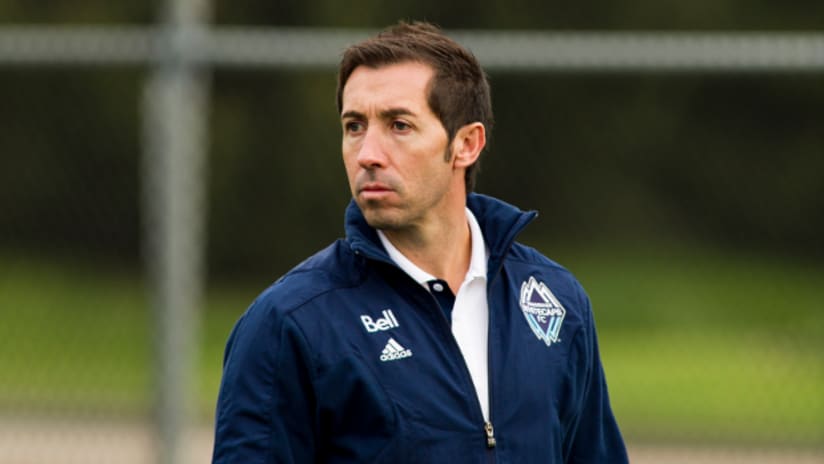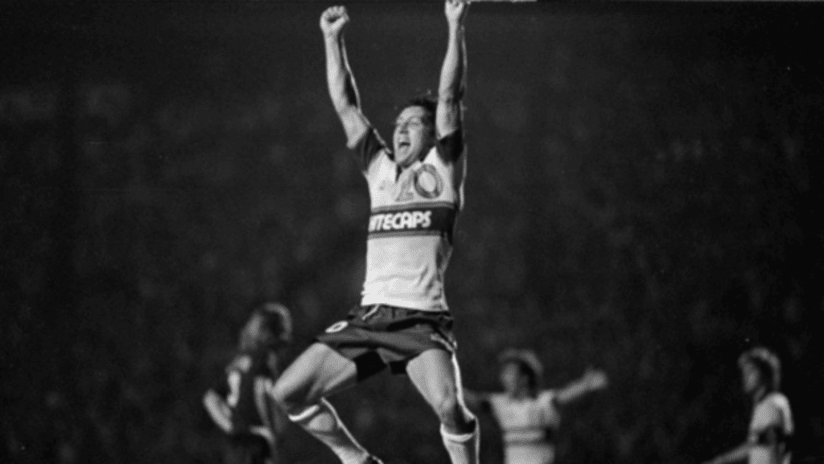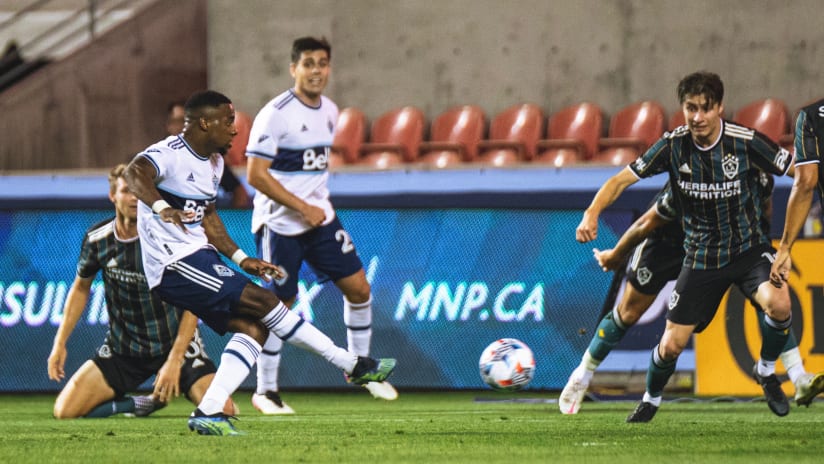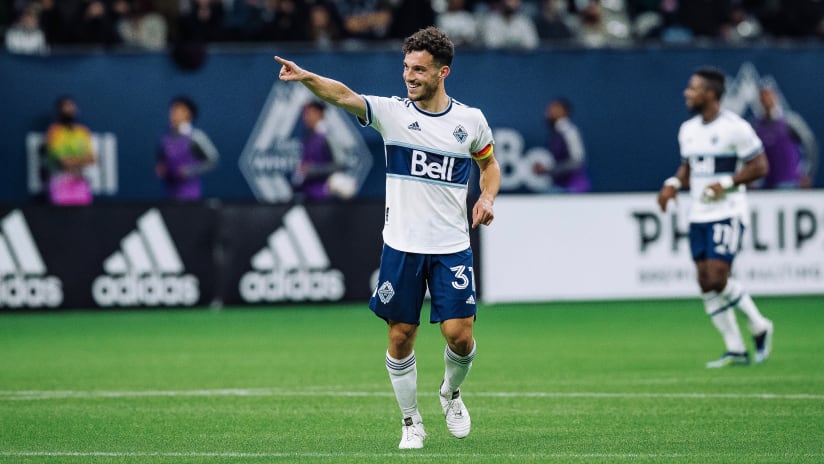When Martin Rennie was first announced as head coach of Vancouver Whitecaps FC, I thought to myself, who? I follow the game around the world, but I did not know who our new head coach was or what he was bringing to the table. The timing of his hiring, however, suggested to me that he must have been a coach in demand, and it’s clear to see why. After spending a week around coach Rennie, I now believe that the decision to hire him was easy.
With his first training camp now complete, let’s take a look at what we learned about the new man in charge.
Straight to the point
Following his first training session with the team, Rennie was asked by a reporter what he thought of the standard of play, and there was no hesitation in his response:
“We need to improve it considerably from where we are… The overall standard is going to be much, much higher and the players will realize that over time, too …I think there’s just huge room for improvement.”
My first interaction with Martin came the day before as we conducted an interview for our website in the Whitecaps office. I had put a number of questions together asking about his private life, his professional career and when and how he heard about the interest from our club. The first thing that struck me was how direct he was in answering the questions, so his blunt assessment after training was not a surprise.
You can tell that he is a confident coach who has a plan in place for what he wants, and he knows how he’s going to get it. He certainly was not there just to make friends – though he is quite a friendly person. He was there to carry out his job, and that was to first start establishing a higher standard for training.
Calculated observation
For the most part, Residency head coach Richard Grootscholten ran the first session while Martin stood back to observe the players in action. For me, that showed a strong bond on the first day between the first team coach and the head coach of the Residency boys. The next day, assistant coach Paul Ritchie arrived and ran training along with Grootscholten while Rennie again sat back to observe how the players were responding to the session in hand.
Having taken a step back, Rennie identified in the previous training session that there were no goals scored in the small-sided games and too many players were playing it safe. So the next session, he focused on having the players make penetrating runs and look for penetrating passes, as he wanted the ball moving quicker and the players being more positive in their attacking play. This showed that sometimes a step back is actually a step forward.
If you're good enough, you're old enough
During training, Rennie made it very clear that the young players will be given just as much a shot as anyone else to stake a claim to a spot in the lineup. He noted early in camp that he was impressed with the performance of 18-year-old Residency product Russell Teibert. In the first intrasquad match, Teibert was asked to play as a second forward behind striker Omar Salgado – himself only 18-years-old. Teibert showed well during the match, making penetrating runs and passes as Martin had looked for. He looked very dangerous picking up the ball deep and running at defenders. It showed a lot of confidence to play a youngster in such a prominent role. The coaching staff was also pleased with the current Residency players who participated in camp, with the hope that the club can continue to develop young talent for the future.
Versatility
The coaching staff also showed that they're not afraid to move players around to different positions. In the intrasquad matches we saw several interesting switches, including Teibert in central midfield, Gershon Koffie playing right back, Mustapha Jarju on the wing and Jeb Brovsky at centre back. Again, this is all part of finding out where they can best contribute so he can get the most out of each player.
Communication is the key
Coach Rennie had indicated when he was announced as head coach that he was big on communicating with the players so they would know exactly what he wanted from them on the field of play. He wanted to know what was happening with their home life and get to know them as much as he could. I played for a coach like Martin. His name was John Giles – who coached me with the Whitecaps and at West Brom – and he too had his assistants run most of the training while he watched how the players trained. He would take players out of the session to talk so he could let us know what he wanted from us in the next match. This was great for us, but it also put the pressure on us to give what the coach was asking.
This is why Martin has brought in Paul Ritchie, who was also his assistant coach in Carolina. Ritchie was very vocal in his instructions during training, as he pushed the players to respond to the coaches’ needs. After Ritchie’s first training session was over I got the first chance to chat with him, and he too was very direct with his answers. However, he was also clear with his role and how it will differentiate from Martin, as he talked about building more of a closer relationship with the players and likely being more vocal. That combination will hopefully provide a well-rounded structure to reach the players on and off the field.
Granted this is a honeymoon period for players and coaches, having a fresh slate. There will be egos hurt when the season starts and players are left out of the lineup or off the squad. But establishing good communication will make sure there are no lingering distractions in the dressing room.
What does it all mean?
Being around the new coaching staff has given me a feeling that they know what they want and it will not take them long to make up their minds moving forward. For the most part, you cannot go and spend your way out of trouble in MLS because of the salary cap. You have to get the very most out of each player you have on your squad, and the philosophy that Rennie and Ritchie have on communication and getting to know everything about each player they have is something I see suited to achieving that goal and succeeding in this league.
Again, it remains early days and it is very easy to be excited when a new coach takes over and the players respond positively to his demands in training. But what I have seen and learnt from this camp is everything I would have wanted to see and hear to know that we are headed in the right direction for next year.





